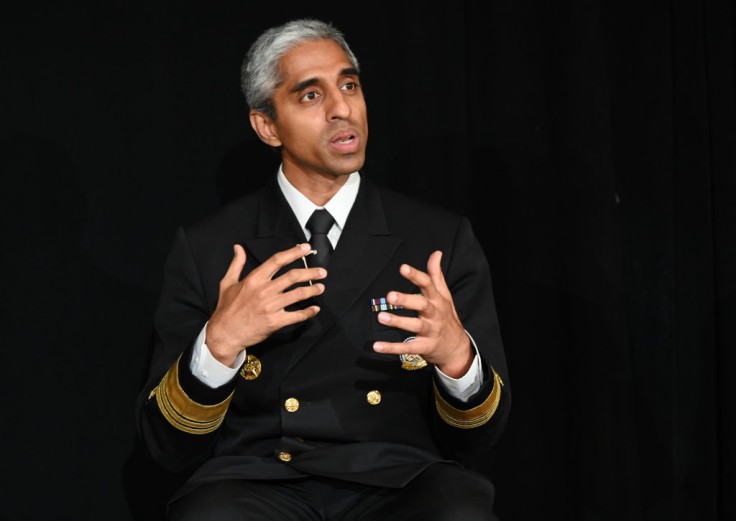
The Surgeon General called on Congress to implement a social media warning to address the increasing youth mental health crisis.
U.S. Surgeon General Vivek Murthy outlined the significant impact of social media on the mental health of adolescents and the necessity of implementing measures to mitigate these effects.
Addressing the Youth Mental Health Crisis
The Surgeon General believes that it is now time to put warning labels on social media platforms. Murthy stated that the country is in the midst of a youth mental health crisis, and social media has emerged as a substantial contributor to this issue.
Murthy highlighted the importance of making social media safer for children and warned both kids and parents about the potential harm. He added that it is part of addressing the broader mental health crisis that we're living through. To implement these warnings effectively, congressional action would be required.
Following this, extensive testing would be conducted to determine the most effective messaging and frequency of warnings, all with the aim of promoting behavior change.
Murthy stressed the critical nature of this initiative, citing that 95% of adolescents are active on social media platforms.
Impact of Social Media on Adolescent Mental Health
The alarming statistics indicate that adolescents who spend an average of three or more hours per day on social media are at double the risk of experiencing symptoms of anxiety and depression, as highlighted by the surgeon.
The average social media use among adolescents today is 4.8 hours per day, making the need for intervention even more pressing.
Drawing a parallel to historical public health campaigns, Murthy compared the potential impact of social media warnings to the success of tobacco warnings introduced in 1966.
He noted that while tobacco use in the U.S. has significantly declined from 42% to 12% since the warnings were implemented, it took nearly six decades and substantial efforts in education and reform to achieve this change.
Taking Action for the Well-being of Our Children
Murthy underscored the importance of immediate action, expressing his concerns not only as a surgeon general and doctor but also as a father. He shared that his own children are not permitted to use social media until they graduate from middle school, at which point he and his wife will re-evaluate based on available safety data and regulations.
For families already navigating social media use, Murthy suggested establishing phone-free zones during activities such as dinner, social interactions, and bedtime. He encouraged parents to create communities around these phone-free practices, emphasizing that collective efforts are more effective.
On a larger scale, Murthy acknowledged that legislative action is crucial for implementing these warnings and broader safeguards. Despite potential challenges due to legislative gridlock, he remains optimistic about the nation's capacity to protect its youth.
"We must do everything possible to safeguard our children's mental health and well-being," Murthy asserted.
Until broader safety measures are in place, he is dedicated to raising awareness and encouraging parents and children to limit screen time.
Furthermore, he concluded that the key is making these social media platforms safer for youth, children, and society. Until that happens, it's crucial for parents and kids to be aware of the risks associated with social media use and its link to mental health issues.